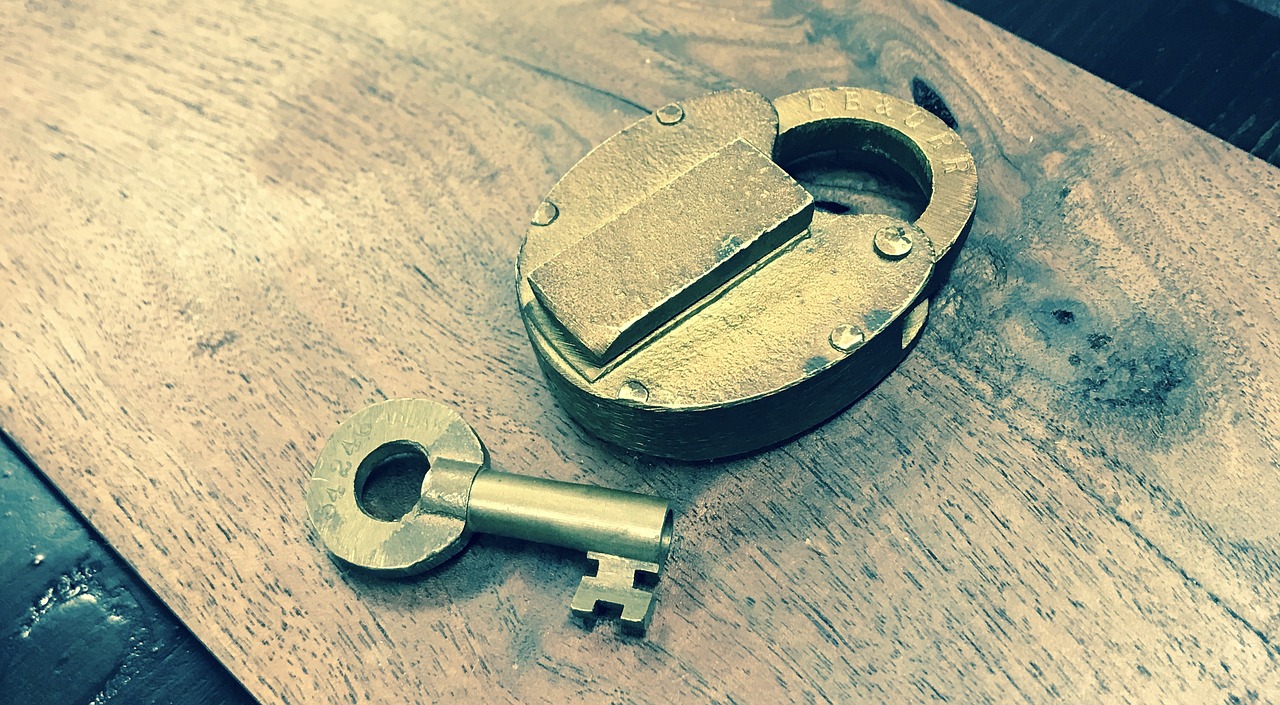Unsecured Personal Loans Online
Learn about loans that don’t require collateral and find out if it is the right type of funding source for your situation.Lenders have been known to offer personal loans to customers who prove they can pay back the financing. Some lenders will offer unsecured loans, which do not require collateral. This funding type includes a wide variety of products ranging from paying for college tuition to funding the purchase of a new vehicle. Some borrowers use this type of online loan money to defray the cost of expensive medical emergencies.

Financial institutions consider a number of factors to determine creditworthiness. Every consumer has a FICO credit score that is calculated by analyzing several credit factors, including the timeliness of credit account payments and whether there is the existence of one or more accounts in collection. Many lenders offer credit to consumers that cannot receive credit account approval from other financial institutions. The terms of such a credit account might include higher than average interest rates and shorter than average credit terms.
Here are the five FICO categories for credit scores:
Excellent: 720-850
Good: 680-719
Fair: 630-679
Bad: 550-629
Poor: 300-549
Lenders can also require collateral, otherwise referred to as secured financing, to protect them against loan defaults. Many consumers prefer not to put up assets to secure loans.
What are Unsecured Loans?
Unsecured loans are a form of financing that lenders sometimes offer customers with better than average credit. Consumers that have worked hard to establish good and excellent credit scores typically do not need to support a personal loan by putting up collateral. Bad and poor credit scores often lead to the approval of secured personal loans, with the security being an asset the covers most, if not all, of the cost of a personal loan. Lenders develop the terms of unsecured personal loans.
Types of Unsecured Loans
This type of funding comes in a wide variety of packages:
- You do not need to put up collateral for credit cards unless you apply for a secured credit card.
- Student loans also offer unsecured credit terms, especially if the consumers open revolving credit accounts.
- Revolving loans include credit limits that consumers must pay off to receive another line of revolving credit. Personal lines of credit are the most common form of revolving loans.
Unsecured personal installment loans represent financing that consumers pay back in equal installments over the length of the loans. Although personal installment loans like auto and mortgage loans can require collateral to secure financing, most personal loans for other financing reasons usually do not include security language in the contract. Consumers that apply for debt consolidation loans should not have to put up collateral to pay off credit cards and other types of debts.

Differences between Secured and Unsecured Loans
There are more differences between secured and unsecured loans than putting up collateral. Because of the higher risk involved with unsecured financing, many lenders increase interest rates and require higher credit scores to receive unsecured financing. Even if you have established a good credit score, a lender might ask for collateral to secure the personal loan if it is more than what the financial institution normally approves. If you put up collateral worth about the same amount of money as the personal loan you have applied for, you can expect the loan approval process to take less time to complete.
The Pros and Cons of Personal Loans That Do Not Require Collateral
Consumers that default on mortgages can expect the lender to repossess the property to pay back the money paid on a housing loan. On the other hand, defaulting on an unsecured personal loan often damages your credit history, but it does not cost you an asset. Personal loans that do not require collateral provide advantages and disadvantages for consumers.
Advantages
The lack of risk associated with losing a valuable asset is the greatest advantage of receiving approval for an unsecured loan. This is especially true if you put up expensive jewelry or in the case of a mortgage, your home. Although the application process takes longer for an unsecured loan, the application itself is much easier to fill out. You do not have to file paperwork that verifies the value of the collateral put up for a secured personal loan. You will need to submit your Social Security number for a lender to access your credit score and history, as well as submit other information as requested by the lender.
Disadvantages
A default on an unsecured personal loan can prompt the financial institution to initiate litigation in an attempt to recover some or all of the outstanding debt. Not only do the missed payments negatively impact your credit score, but any credit account that goes to collections is also a major blemish on your credit history. If the lender wins in court, you are on the financial hook for the entire loan balance, as well as late fees, court costs, and attorney fees.

What You Need to Know about Unsecured Loans for Bad Credit
If you have a credit score below 550, receiving approval for an unsecured loan can be exceedingly difficult. Do you have any other options besides putting up one or more fixed assets as collateral? There is one option sometimes used by consumers that have established bad or poor credit scores.
Apply with a Cosigner
A friend or family member that has established a good to excellent credit score may be able to co-sign on your personal loan. The lender will look at the creditworthiness of the cosigner, so you should choose someone who is in a better financial position than yourself. This arrangement is very risky for the cosigner. If you do not follow the terms of the loan agreement, your cosigner will suffer because of your actions. In this situation, the collateral you put up might be the friendship you share with the cosigner.